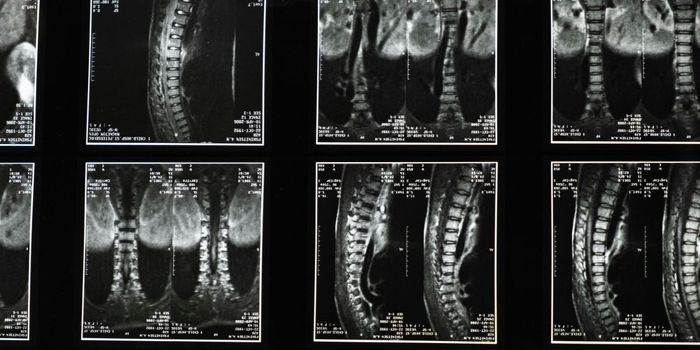For the more than 15 million Americans who work unusual shifts - evening, graveyard or alternating - the news is unsettling. Rather than just being a nuisance when one wants to make family or social plans, working a shift that is counterintuitive to the body's natural inclinations is also disruptive to a person's metabolism.

As reported in Science News, Ilia Karatsoreos, a neuroscientist at Washington State University in Pullman, and his colleagues have been studying the link between shift work, body mass index, and metabolic disorders. In 2011, Karatsoreos' group shifted mice onto a 20-hour cycle instead of a 24-hour cycle, to cause permanent circadian disruption. The mice gained weight and had higher levels of insulin, suggesting they might be headed toward type 2 diabetes. Rather than eating more, "they eat food at the wrong times, and so they [could be] affected more by high fat diets," Karatsoreos says. "Things conspire together to increase weight gain and changes in metabolic function." Karatsoreos and his colleagues published their findings in January 2011 in the Proceedings of the National Academy of Sciences (https://www.sciencenews.org/blog/scicurious/shifted-waking-hours-may-pave-way-shifting-metabolism).
Apparently, metabolic hormones such as insulin have 24-hour cycles, and human sensitivity to blood glucose also changes. Humans have the best sensitivity to blood glucose in the morning and the least at night. Another study by Christopher Morris and Frank Scheer at Harvard Medical School brought 14 people into the lab for two sessions of eight days. In one session, the participants ate at 12-hour intervals, and otherwise simply lived in the lab, with lights out at night between 11 p.m. and 7 a.m. In the other eight-day session, the volunteers suffered a multiple time zone shift. After three days the lights began to reverse, with darkness between 11 a.m. and 7 p.m. After three days, people developed high blood glucose levels in both the morning and the evening and demonstrated reduced sensitivity to insulin, indicating metabolic problems. Results of the study were published April 13 in the Proceedings of the National Academy of Sciences.
Scientists also know that shift workers are much more likely to show signs of high blood glucose. But most of these studies are surveys. It can be hard to tell, without deliberately disrupting people's sleep, just how much the shift work itself contributes to metabolic problems.
One study from Brigham and Women's Hospital (BWH), published in 2012 in Science Translational Medicine, bolstered the relationship between poor sleep and diabetes. Two dozen volunteers spent more than a month in a sleep lab, isolated from visitors and other external signals indicating the time of day. They were put on recurring 28-hour day schedules and could sleep about 5.6 hours every 24 hours. Eventually, breakfast might actually be late in the evening, and sleep patterns were disrupted. Volunteers' bodies unexpectedly slashed the amount of insulin they were producing. If continued for a longer period, this would put them at risk for diabetes (http://www.scientificamerican.com/article/why-do-graveyard-shifts-wreak-havoc-on-human-metabolism/).
Researchers think that drugs could be developed to treat some of the metabolic side effects of shift work. Scheer of Harvard thinks behavioral change might be the best solution, with shift workers controlling when they eat to fit with an unadjusted body clock, rather than matching their waking hours. As he concludes, "It's better to go to the root cause of what is driving the adverse metabolic effects and tackle the effect with behavior."









